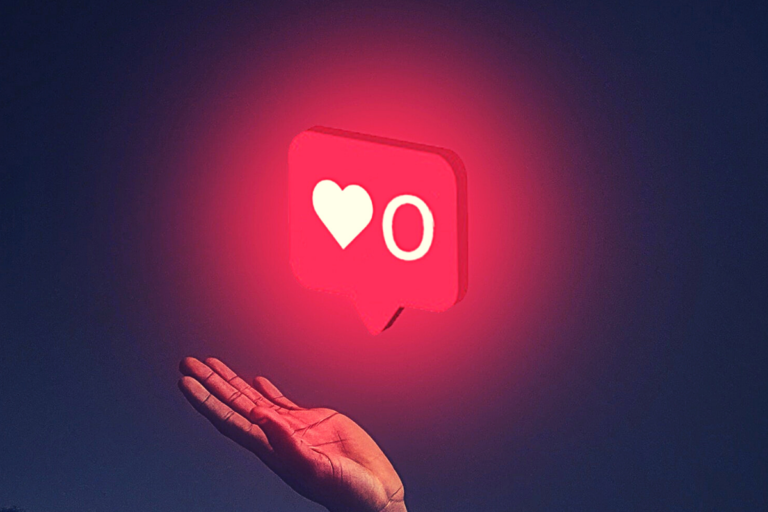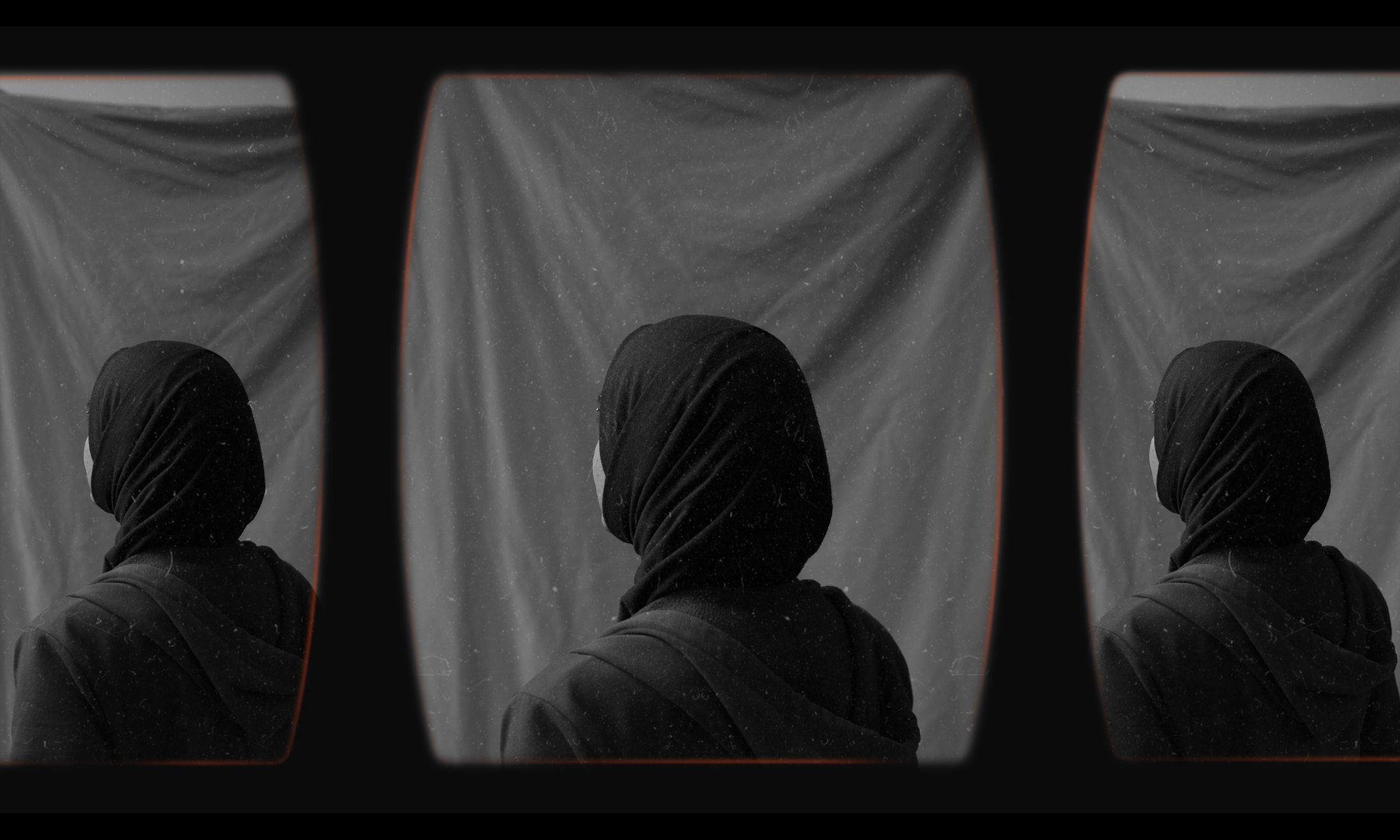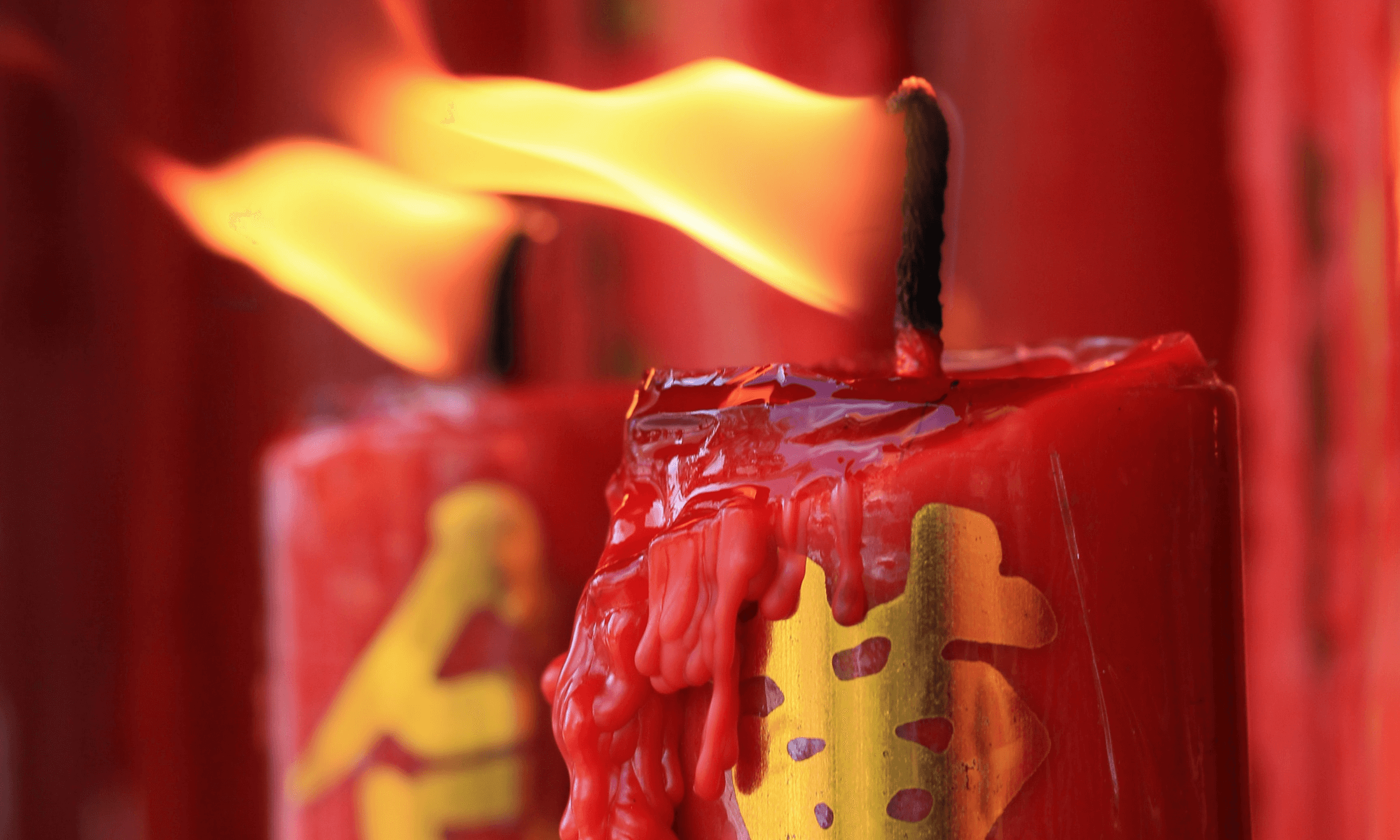
Photography by Oladimeji Ajegbile / via Pexels
Lily O’Mara breaks down why visibility, brand partnerships and the commodification of social justice won’t solely help the collective liberation of the LGBTQI+ community.

Photography by Oladimeji Ajegbile / via Pexels
It’s June and in amongst international social unrest, your fave LGBTQI+ influencer has partnered up with a very cool brand to let you know that it’s Pride month!
The commercialisation of our community isn’t anything new though. In the UK, you only need to have gone to one Pride event to see the ways in which capitalism has come to dominate celebrations – from the never-ending processions of progressive companies in the parade; to logos embossed on those plastic cups you’ve lost five of by the time you’ve circled back to G-A-Y, to the gargantuan names of corporate sponsors printed in rainbow on every stage. Pride is big business, bb.
Although corporate co-opting is more evident during Pride month, it is a year-round phenomenon. Much has been written about the development of “Pink Capitalism”, the deliberate incorporation of the LGBTQI+ community and movement into a capitalist market economy. At its most basic: a capitalist economy requires new markets to sustain growth and produce profit. At some point late(ish) last century, activism from the community triggered a shift in the social mood towards LGBTQI+ people. Big business, marking this, pounced.
Bringing the LGBTQI+ community and our allies into the market created new avenues of profit: new markets, new consumers, more money. Last year alone, Pride in London received £650,000 (that’s two-thirds of its budget) from corporate sponsors. So, what’s in it for them? A genuine desire for social good and belief in the transformative force of 300 20 something-year olds shout-singing Jess Glynne in Kemptown? Nah. It’s all about ££££. Which explains why, in the face of Covid-19 restrictions and “virtual pride” events, brands that in previous years were decked out in rainbow regalia all June, appear notably quiet on the celebration in 2020.
“Brands that in previous years were decked out in rainbow regalia all June, appear notably quiet on the celebration in 2020”
It also helps explain how we’ve gone from a commemoration of LGBTQI+ defiance in the face of rampant police brutality to a month-long ad campaign for flavoured vodka. It should serve as a warning to all engaged in political activism as to how easily protests in 2020 can be utilised for profit. We have already seen in the past month how quickly companies who had previously steered well clear of any political engagement with Black Lives Matter for fear of a PR backlash, hurried to let consumers know that they are fully behind the movement during #blackouttuesday. Brands are all too aware that building a progressive image will now garner patronage from increasingly socially-aware young shoppers and do not want to be left behind.
This commodification of social justice by the market ramped up in the mid 2010s along with the rise of the “influencer-activist” and youth political engagement on social media. An influencer-activist is someone with a social-justice oriented online presence who has built a significant following off the back of their “politics”. The influencer-activist simultaneously raises awareness for a specific politic or community, whilst making social and financial capital from engagement with their followers. Sometimes this is through the selling of their own literature and merchandise but increasingly through “brand partnerships” and paid advertisements with large companies via their platforms. And it’s lucrative stuff. According to Business Insider, brands will spend up to $15 billion on “influencer marketing” by 2022. Although there aren’t any specific stats on the influencer-activist market, with figures like that, we can assume its significant.
The LGBTQI+ influencer-activist is hot on the market. There are now whole swathes of YouTube, Instagram and Twitter accounts dominated by LGBTQI+ individuals, couples and families documenting their lives to thousands of (mostly young) LGBTQI+ followers. These communities are perfectly ripe for the predatory market advances of progressive brands; keen to capture both. It’s why you’ll see queer celebs doing collabs with huge shoe companies in June or featuring in Pride campaigns for online retailers.
“How does the purchase of “queer” tote bags from your fave influencer change the material conditions of our communities?”
So, what’s the issue? Some would argue it’s a win/win for LGBTQI+ communities and the economy. Brands are afforded the social capital that is associated with LGBTQI+ youth culture, and the accompanying financial profit that this brings. In turn, through the inclusion of LGBTQI+ influencers in large ad campaigns, or the proliferation of social justice merch and literature through the influencers own pages, we are afforded the kind of mainstream representation that aids the acceptance of LGBTQI+ people in wider society.
I find it totally depressing. Not to be dramatic or anything but opening up Instagram to yet another ad campaign in “celebration” of our community makes me want to throw my phone out of the window and cry into my copy of the Communist Manifesto.
I am not shaming those who enjoy these Pride campaigns. Given that many of us spent a significant portion of our lives hiding who we are, it makes sense that we see the value in visibility on the market. As someone who spent the majority of my evenings in Year 9 furtively typing in “lesbian” into YouTube (just to make sure), I know how important it is to look out into the world and find yourself reflected back. But I think we need to ask ourselves; who does this really serve?
Where do rainbow campaigns with billion-dollar companies fit into the struggle for LGBTQI+ liberation? How does the purchase of “queer” tote bags from your fave influencer change the material conditions of our communities? Much of LGBTQI+ and social justice activism in the last few decades has been predicated on representation politics – i.e. a belief that increased visibility in the mainstream will promote acceptance of marginalised people in wider society. Even if we put aside for a moment the limitations of measuring our liberation by an arbitrary ideal of social acceptance, this has not even been successful.
The last decade has seen an increase in LGBTQI+ representation in the mainstream. However, it has also seen an increase in pervasive transphobic vitriol from national pundits and newspapers, hate crimes against LGBTQI+ people has soared, and a 2019 survey found that the public’s acceptance of same-gender relationships was down for the first year since 1987.
“We need to prioritise engagement in a collective struggle”
When we start to calculate the impact on the material lives of our people, this activism-for-profit falls flat. When LGBTQI+ individuals are platformed because of the money they can make, they and the partner brand benefit singularly. It is only by widening the struggle to encompass all oppressed people that we see that brand activism and capitalism are antithetical to our collective liberation. Where is the liberation in LGBTQI+ ad campaigns for the poor amongst us? The low-paid black and PoC frontline workers in this country who have died as a result of structurally exacerbated health conditions and Covid-19? The exploited labour force in the global south making the Pride collections advertised this month by LGBTQI+ influencers and celebs? The community being pushed out of our cities at the hands of multi-millionaire landlords? The LGBTQI+ UK youth living without homes while 200,000 properties lay empty?
I think we should be critical of any attempt to draw our struggle into the market and resist efforts amongst our community to actively contribute to global capitalist exploitation in the name of acceptance. Instead of imagining that the singular successes of a few LGBTQI+ individuals can act as the vehicles for real change; we need to prioritise engagement in a collective struggle.
This means lending support to organisations that tangibly help our communities – people like Lesbians and Gays Support the Migrants, the Outside Project, Community Action on Prison Expansion, the United Friends and Family Campaign, local mutual aid networks, the Free Black Uni Project, the UK QTBIPOC hardship fund, Opening Doors, and the Black fine fund, amongst others. Let’s use this time of immense social consciousness for good; not by applauding the capitalisation of our struggle but helping to strengthen existing networks of solidarity between oppressed people, and join the global fight against white supremacist capitalism and imperialism. À la Noname, we are the new Vanguard.









